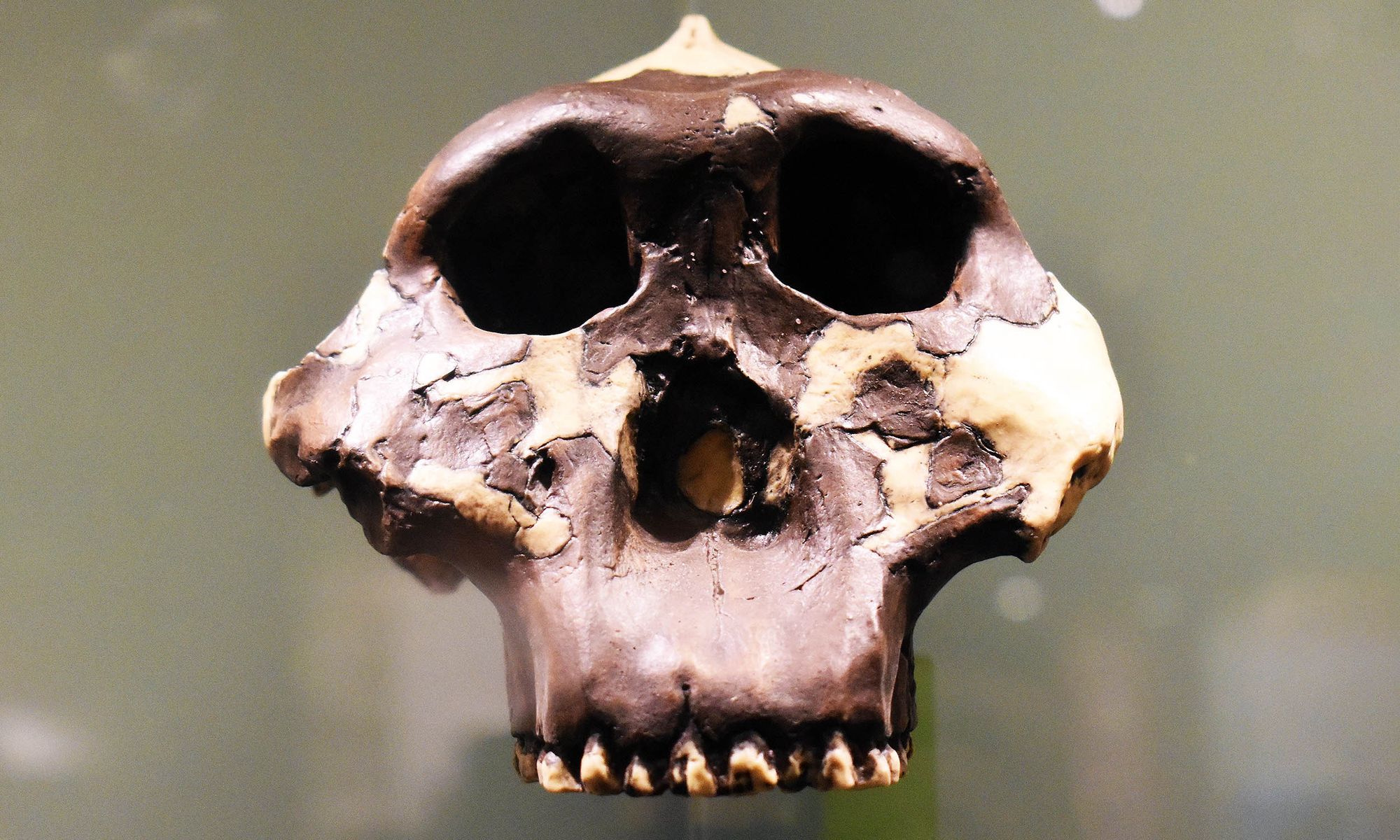Ancient Tools Found in Kenya Rewrite Human History

Archaeologists have made a groundbreaking discovery in Kenya's Homa Peninsula, uncovering what may be the oldest tools ever used on Earth. The ancient artifacts, found to date back three million years, are believed to have been created by early hominins named Paranthropus, who are considered to be the first pre-human species to walk upright.
The discovery of these Oldowan toolkit tools represents a technological breakthrough that enabled early hominins to access new food sources, fueling both physical and cognitive evolution. According to lead archaeologist Tom Plummer, the Oldowan technology is "the most important technological innovation that ever happened in human history."
These ancient tools include sharpened stone flakes found alongside fossilized bones of an early hominin called Paranthropus, suggesting that advanced tool-making was not a technology created by human ancestors, but one that was copied and then used to dominate early hominins.
Researchers believe that the use of these tools allowed early humans to peel and cut fruits, slice vegetables, and butcher animals, making access to a critical food source. This ability gave them an advantage in surviving challenging environments, paving the way for later advances in technology and survival strategies.
"It is ironic that the fossil at the center of a debate about the role of arborealism in human evolution likely died from injuries suffered from a fall out of a tree," noted anthropologist John Kappelman. "This discovery highlights how early innovations like tool use played a crucial role in adapting to a challenging environment."
According to Rick Potts, director of the Smithsonian's human origins program, the significance of this discovery lies in shedding light on the transformative journey of human survival. He emphasized that such evidence emphasizes the delicate balance of life and the adaptability required throughout human history.
"This extends our understanding of human evolution, revealing that key behaviors like tool-making didn’t happen quickly but evolved gradually over a very long period of six million years," Potts said.
The discovery of ancient tools in Kenya's Homa Peninsula has reshaped our understanding of human evolution. While modern humans emerged about 300,000 years ago, the roots of innovation extend far further back in time.
These findings stress the importance of studying ancient technology to gain insights into the resilience and ingenuity of our ancestors, traits that have defined human history. The ability to innovate and adapt has always been central to human survival and continues to shape the future of humanity.
The study was published in the journal Science and highlights the significance of this discovery in rewriting human history.
